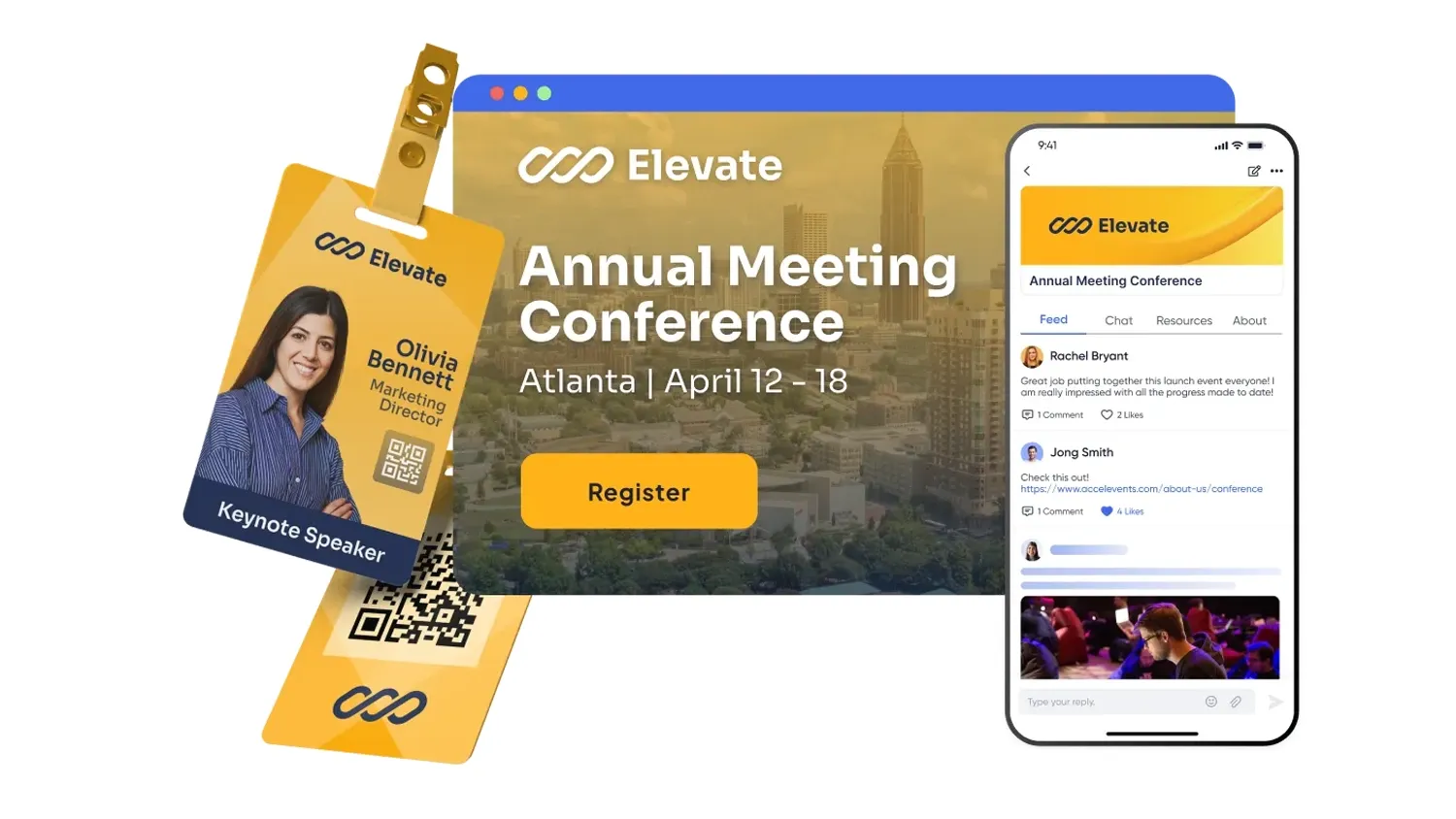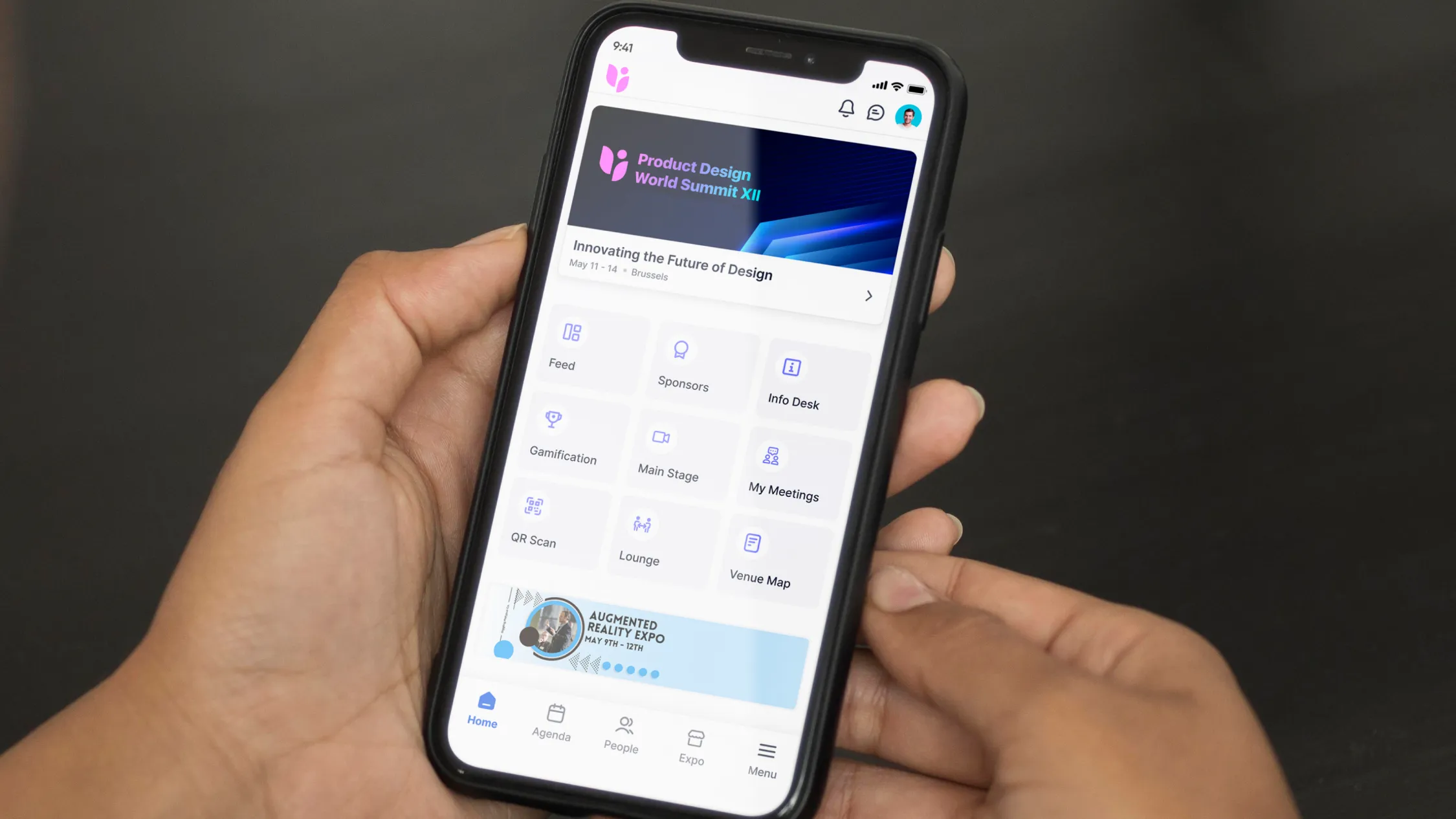Artificial Intelligence (AI) has revolutionized how we live and work, but it has also brought about an unintended consequence: a surge in mistrust. With AI-generated content inundating our digital spaces, skepticism and confusion have become prevalent. Trust in traditional advertising and marketing campaigns has eroded as buyers question the authenticity and credibility of these messages.
In this AI-disrupted world, businesses face a pressing challenge: how can they navigate this landscape of mistrust and connect with their target audience? The answer lies in an age-old practice: Word of Mouth Marketing (WoM Marketing).
While AI has disrupted traditional marketing approaches, WoM offers a powerful solution—a way to cut through the noise, rebuild trust, and influence buyer behavior.


So What exactly is Word of Mouth Marketing?
Word of Mouth (WoM) marketing, also known as the art of recommendations, is a powerful and influential form of advertising that relies on individuals sharing information and advice about products, services, or brands through informal conversations.
Research from various sources confirms that a personal recommendation from a trusted source holds more sway over purchase behavior than any other marketing action combined.
According to Nielsen's 2021 Global Trust in Advertising Study, which garnered responses from 40,000 participants spanning 56 countries, 88% of consumers state that they trust personal recommendations over any other type of marketing communication.
Word of Mouth is expected to become even more influential as the AI revolution sweeps across industries, inundating us with a cacophony of marketing noise. Amidst the proliferation of AI-generated marketing assets, we'll instinctively turn to our trusted relationships for advice, seeking solace in the familiar amidst the noise.

What Drives Positive WoM in a B2B Context?
As Nick Bennet from Impact rightly stated, trust is the currency of all business. Positive Word of Mouth (PWoM) in a B2B context is undeniably built on trust—the kind of trust that compels us to make crucial decisions based on the recommendations of others.
To establish this trust, two crucial elements come into play. Firstly, the person offering the PWoM must trust the product or company they endorse. Equally important, the recipient of the PWoM must trust the person offering it. Trust forms the foundation upon which PWoM thrives, shaping B2B marketing in the years to come.
Numerous studies have examined the concept of trust and its connection to Word of Mouth. To truly understand the trajectory of B2B marketing, we need to merge trust research findings with insights on WoM.
Several factors contribute to building trust and driving PWoM:
- Competence: A deep understanding of customers' needs and the ability to effectively meet those needs.
- Consistency: Demonstrating competence consistently over time, avoiding becoming a one-trick pony. Genuine trust-based WoM surpasses mere buzz.
- Communication/Transparency: Cultivating a partnership with customers, being a reliable ally for present needs and future success. Effective communication and transparency are vital.
- Social Responsibility: Truly socially responsible companies exhibit selflessness and consider many stakeholders. This mindset contributes to building trust.
- Support: Recognizing that your customers' reputation is intertwined with your own and providing unwavering support to safeguard their success.
- Honesty: Genuine honesty, deeply ingrained in the company culture, is paramount. It is not a mere tactic but a steadfast commitment. In the complexities of business, honesty must prevail.
When individuals provide PWoM, they put their reputation on the line. These factors—competence, consistency, communication, transparency, social responsibility, support, and honesty—shape the conscious and subconscious purchase considerations of others.
Remember, there's no express lane to cultivating trust and fostering Positive Word of Mouth (PWoM) in the B2B landscape. It's a process that requires time and patience, but once achieved, it transforms into an invaluable resource for any organization.

The Difference Between Organic and Amplified Word-of-Mouth Marketing
There are two main types of word-of-mouth marketing strategies businesses can capitalize on:
- Organic Word of Mouth: This occurs naturally when satisfied customers spontaneously share their positive experiences with others. It is driven by genuine enthusiasm and satisfaction without any direct influence or incentives from the company. Organic WoM often stems from exceptional product quality, outstanding customer service, or unique experiences that customers feel compelled to share with their networks.
- Amplified Word of Mouth: Companies or brands intentionally initiate and encourage this type of WoM. It involves word-of-mouth marketing campaigns to stimulate conversations and generate positive recommendations. Examples of amplified WoM include referral marketing, influencer marketing, customer testimonials, social media campaigns, or incentivized sharing. Businesses seek to boost their reach by leveraging the enthusiasm and advocacy of satisfied customers and influential individuals.

Organic WoM: Genuine Recommendations from Trusted Networks
The Evolution of Organic Word of Mouth
Organic WoM channels have evolved, encompassing traditional and digital environments where individuals naturally engage in conversations and share recommendations.
Traditional Era
In the pre-digital era, organic WoM thrived in traditional environments such as country clubs, Rotary Clubs, or even through personal phone calls. These close-knit communities fostered trust and provided opportunities for individuals to share their experiences and recommendations with their peers.
Social Media Era
With the advent of social media, the digital realm became a prominent environment for organic WoM. Platforms like Facebook, Twitter, LinkedIn, and Instagram have enabled people to connect and share their thoughts, experiences, and recommendations on products and services. However, advertising and pay-to-play models have infiltrated social media platforms, which have compromised their credibility and authenticity.
The Emergence of Trusted Digital Environments
Given the challenges faced by social media, other digital environments have emerged as potential sources of high-trust organic WoM. User communities, review sites, industry expert blogs, specialized forums and other online social networks provide opportunities for individuals to share their experiences, seek advice, and exchange recommendations.
The Ai Revolution
Continuous advancements in artificial intelligence promise to redefine digital WoM again. Though Ai may fuel an overload of marketing content, complicating the buyer's journey, it also has the potential to streamline the process by weeding out unreliable digital sources. As AI tools evolve, they'll focus on promoting a select group of trusted channels for organic WoM, eventually reducing digital clutter.
How to Stimulate Organic WoM
To stimulate organic WoM, B2B companies can adopt various strategies. Here are some practical approaches:
- Cultivate Communities: Build and nurture online and offline communities where industry professionals, customers, and enthusiasts can engage in discussions, share insights, and recommend products or services. Provide valuable content, encourage active participation, and facilitate genuine interactions to foster organic WoM within these communities.
- Encourage User-generated Content: Empower your loyal customer base to share their experiences and recommendations through reviews, testimonials, and case studies. Create platforms or designated spaces where customers can freely express their thoughts and contribute to organic WoM.
- Collaborate with Influential Industry Experts: Seek partnerships with respected industry experts, thought leaders, bloggers and influencers who have established credibility and a trusted following. Businesses can amplify organic WoM and reach a wider audience by leveraging their expertise and network.
- Provide Exceptional Customer Experiences: Delivering exceptional customer service and personalized experiences can generate organic WoM. When customers have a positive and memorable interaction with a B2B company, they are more likely to provide customer reviews and share their experiences with others, organically promoting the brand.
- Foster Referral Programs: Encourage satisfied customers to refer others to the company's products or services. By offering incentives or rewards for successful referrals, B2B companies can stimulate organic WoM and leverage the power of trusted networks.
By leveraging these strategies, B2B companies can harness the power of word of mouth to build social proof, nurture genuine recommendations, and establish themselves as trusted entities within their industry.


Amplified WoM: Harnessing Advocacy for Brand Promotion
Amplified WoM involves intentional efforts by entrepreneurs and businesses to generate positive recommendations and advocacy. This form of WoM can significantly impact brand perception and drive customer engagement.
- Referral Programs: Implementing structured referral programs encourages existing customers to refer new customers. By providing incentives or rewards for successful referrals, B2B companies can motivate their satisfied customers to actively promote the brand and generate positive WoM.
- Influencer Marketing: Collaborating with influencers and industry experts with a trusted following can extend the reach and impact of WoM. Influencers, through their authentic recommendations and endorsements, can amplify positive WoM and influence the purchasing decisions of their followers.
- Customer Testimonials and Case Studies: Sharing success stories and testimonials from satisfied customers can be powerful tools to stimulate amplified WoM.
- Social Media Campaigns: While social media has faced challenges regarding credibility, targeted social media campaigns can still play a role in amplifying WoM. By creating engaging and shareable social media posts, businesses can encourage their audience to spread positive recommendations, generating wider reach and visibility.
- Thought Leadership Content: Publishing thought-provoking and insightful content positions a B2B company as an industry authority. By sharing valuable knowledge and expertise, businesses can attract attention and stimulate word-of-mouth recommendations as individuals refer to their content and recommend the brand to others.

Events: A Cornerstone Of Every Word Of Mouth Strategy
Events are one of the primary channels for conveying Word of Mouth (WoM), whether conducted digitally or in person. Why? Because events, irrespective of their format, prioritize human interaction. In an increasingly digital world, where AI-generated content inundates our screens, the value of authentic connections and personal recommendations cannot be overstated.
But how can businesses leverage events to build trust within their organization? Here are some marketing tactics to help you harness the power of events and foster WoM trust:
- Establish Visibility: Ensure you and your organization are consistently seen and heard at relevant events. Actively participate and engage, conveying that you are a dedicated and valuable community member. Building trust is a gradual process that requires consistent effort and presence.
- Be Vocal On Social Media: Share ideas and insights on social media before, during, and after each event. Provide valuable content that helps others maximize their event participation. By showcasing your expertise and helpfulness, you establish yourself as a trusted resource, generating curiosity and anticipation among attendees.
- Add Value through Interactions: Use each event to engage with others in your industry and focus on adding value. Take advantage of opportunities, whether in-person or virtual, to contribute meaningfully. Share experiences, ask thought-provoking questions, and provide insights that resonate with a broader audience in breakout rooms, chat sessions, and networking events. You position yourself as a trusted advisor and resource by offering valuable input.
- Be Consistent In Your Messaging: Ensure that all team members at an event present a consistent message during events. While they don't need to use the exact phrases or canned talking points, they should be able to tailor their communication in their own words to suit the individual customer. Consistency in the core message and values helps build trust and reinforces your organization's reliability.
In conclusion, events provide a fertile ground for building WoM trust. Whether conducted digitally or in person, they facilitate human interaction, which remains fundamental in establishing and nurturing trust. By actively participating and engaging in events and maybe even hosting them, businesses can establish themselves as trusted industry resources, foster WoM, and solidify their reputation within their target communities.


Conclusion
In today's AI-driven world, trust has become a precious commodity amidst the noise and skepticism. That's where Word of Mouth (WoM) marketing comes in as a solution. It taps into the power of personal recommendations and genuine connections to rebuild trust and shape buyer behavior. By embracing organic and amplified WoM, businesses can cut through the noise, foster authentic relationships, and influence buyer decisions. Events, whether digital or in-person, serve as prime channels for WoM, providing opportunities to engage, add value, and establish trust.








